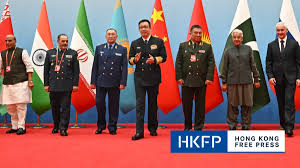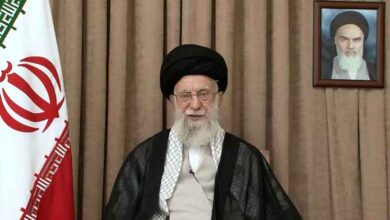In a move that has left many Afghan chess enthusiasts disheartened, the Taliban government has announced the indefinite suspension of chess, citing concerns over the game’s potential link to gambling.
The suspension is in line with the group’s broader agenda of imposing laws that reflect a strict interpretation of Islamic law.
Atal Mashwani, the spokesman for the Taliban’s sports directorate, explained on Sunday that chess is viewed as a form of gambling under Islamic Sharia law. “There are religious considerations regarding the sport of chess,” Mashwani told AFP, adding that the game would remain prohibited until these concerns are addressed.
The suspension of chess comes as part of a broader trend of restrictions on various sports in Afghanistan under Taliban rule. Since the group’s return to power in August 2021, women have been largely excluded from participating in sports, and numerous other recreational activities have faced bans or severe limitations.
Local businesses are also feeling the impact of the latest prohibition. Azizullah Gulzada, a Kabul café owner who has been hosting informal chess competitions for several years, expressed his disappointment over the ban. “Young people don’t have a lot of activities these days, so many came here every day,” said Gulzada. “They would have a cup of tea and challenge their friends to a game of chess.” He noted that this ban would negatively affect his business, as chess had become a popular activity among young Afghans looking for ways to pass the time.
Despite the Taliban’s decision, Gulzada pointed out that chess is widely played in other Muslim-majority countries, which have not imposed similar restrictions. His comments reflect growing frustration among Afghan youth who see their recreational options dwindling under the current regime.
The move to suspend chess follows a series of other sports bans implemented by the Taliban. Last year, mixed martial arts (MMA) competitions were banned, with authorities citing the sport’s violent nature and its incompatibility with Islamic values. “It was found that the sport is problematic with respect to Sharia and it has many aspects which are contradictory to the teachings of Islam,” a Taliban spokesperson had said at the time.
The restrictions on sports and other cultural activities are part of the Taliban’s broader attempt to reshape Afghan society according to their interpretation of Islamic law. Critics argue that these actions are further isolating Afghanistan and stifling the cultural and social development of its people. As the situation evolves, it remains unclear when, or if, chess and other previously enjoyed sports will be allowed to return to the Afghan cultural landscape.







